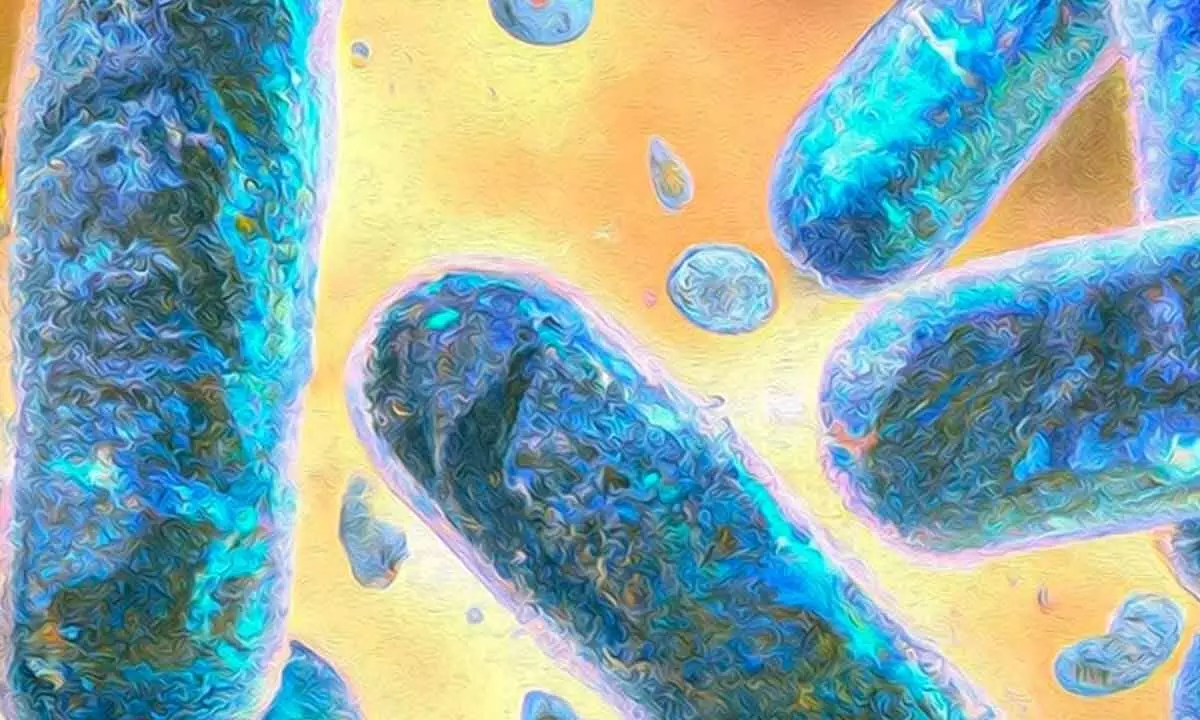Semi-living "Cyborg" Cells Made By Scientists Could Revolutionize Medicine

Semi-living "Cyborg" Cells Made By Scientists Could Revolutionize Medicine
- Researchers have created adaptable, synthetic "cyborg" cells via a challenging chemical technique.
- Artificial cells must be carefully managed in order to be helpful, and if they reproduce similarly to real cells, it will be more difficult to do so.
Researchers have created adaptable, synthetic "cyborg" cells via a challenging chemical technique. While they lack the capacity to divide and expand, they yet resemble live cells in many ways. The non-replication component is crucial. Artificial cells must be carefully managed in order to be helpful, and if they reproduce similarly to real cells, it will be more difficult to do so.
The scientists who developed this new technology believe that cyborgs might be used for a wide range of purposes, such as bettering cancer treatments and cleaning up pollutants with precise chemical reactions.
Biomedical engineer Cheemeng Tan from the University of California, Davis said that the cyborg cells can be programmed, they don't divide, they maintain vital cellular functions, and they develop non-native abilities.
Currently, cell engineering relies on two main strategies: creating synthetic cells from scratch and genetically modifying existing cells to offer them new functionalities.
These third, novel tactic has produced these cyborg cells. The scientists built their structure using bacterial cells as a base and then added components from a synthetic polymer. When the polymer was within the cell, UV light was used to cross-link it into a hydrogel matrix that resembled a natural extracellular matrix. These cyborg cells demonstrated greater resistance to stressors like high pH and antibiotic treatment - stressors that would kill off normal cells - while still being able to maintain a large portion of their usual biological functions. They're tough, just like real cyborgs.
The ability of the newly developed cells to invade cancer cells was demonstrated in laboratory experiments on tissue samples, highlighting the potential of these modified biological building blocks for health treatments in the future — they might one day be used to deliver drugs to incredibly precise parts of the body.
Next Story











